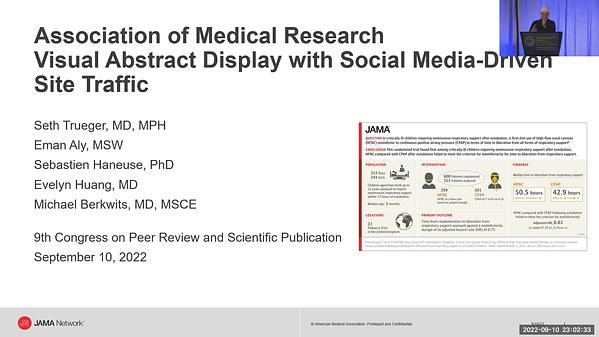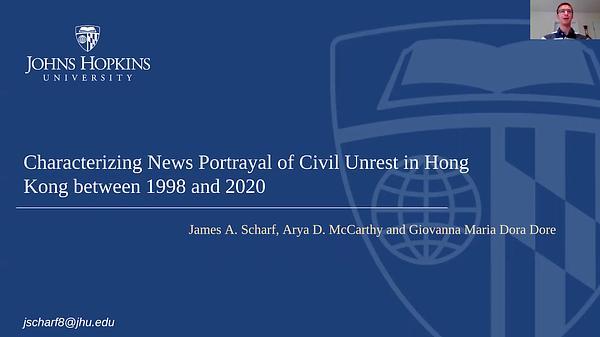poster
Geographical Scope of Randomized Clinical Trials From Africa
keywords:
quality of reporting
publication
bias
Objective Africa ranks second of the 7 continents in population and geographical area. Reports of research from Africa are often labeled as being African in scope, a dubious claim given the low likelihood of analyzing data representative of 1.4 billion people. Accurate reporting of the scope of research studies in Africa avoids mischaracterization and bias that could have significant implications on health care resource distribution, research funding, and policy making. This study characterized the geographical scope of reports of randomized clinical trials (RCTs) conducted in Africa, because RCTs are most likely to inform clinical practice and policy.
Design A tailored PubMed search was developed using Medical Subject Headings and keywords to represent Africa, African, and RCTs. Citations from January 1, 1968, to February 25, 2022, were included. Titles and abstracts were reviewed against established inclusion and exclusion criteria followed by a full-text review of included citations and data extraction. Based on the number of countries, studies were categorized as national (1 country), binational (2 countries), trinational (3 countries), multinational (≥4 countries), and continentwide (multinational, inclusive of all 5 subregions: North, Southern, Central, East, and West).
Results A total of 285 RCTs met inclusion criteria, and only 1 was continentwide. Of the 54 African countries, 14 (25%) were not represented in the published RCTs. The top 3 countries were in East Africa, namely, Kenya (80), Uganda (79), and Tanzania (56). Studies were reported as African (201 71%), sub-Saharan African (45 16%), West African (16 6%), East African (14 5%), Southern African (7 2%), and East + Central or West + Central African (2 <1%). The median number of countries included by reported scope was 2 (IQR, 1-3) overall, and similar in African and sub-Saharan African studies; 3.5 (IQR, 2-4) in East African studies; 1 (IQR, 1-2) in West African studies; and 2 (IQR, 2-2) in Southern African studies. A total of 124 studies (44%) were national, 66 (23%) were binational, 33 (11%) were trinational, and 62 (22%) were multinational. Of 201 studies reported as African, 91 (45%) were national, 49 (25%) were binational, 21 (10%) were trinational, 39 (19%) were multinational, and 1 (<1%) was continentwide. Among the 45 (16%) sub-Saharan African studies, 20 (45%) were national, 6 (13%) were binational, 9 (20%) were trinational, and 10 (22%) were multinational. Among the 14 (5%) East African studies, 2 (14%) were national, 3 (22%) were binational, 2 (14%) were trinational, and 7 (50%) were multinational. Of the 16 studies (6%) conducted in West Africa, 10 (62%) were national, 3 (19%) were binational, and 3 (19%) were multinational. Among the 7 RCTs from Southern Africa, 1 (14%) was national, 5 (72%) were binational, and 1 (14%) was trinational.
Conclusions The scope of RCTs from Africa is rarely continentwide, and 1 in 4 countries is not included.
Conflict of Interest Disclosures None reported.


